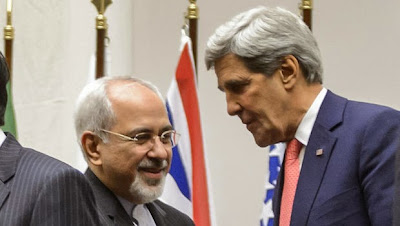Writers: Rachid Bouchareb, Olivier Lorelle
Producers: Muriel Merlin, Jean Bréhat
Studio: Multiple studios in France (production), IFC/Weinstein Co. (US release)
Major Stars: Sami Bouajila, Jamel Debbouze, Bernard Blancan, Roschdy Zem, Samy Naceri, Benoît Giros, Antoine Chappey, Aurélie Eltvedt
In the wake of France's utter defeat at the hand of the Nazis in May of 1940, the anti-German elements of the government were forced into exile. Following the Allies retaking of the French colonies along the North African coast in 1942, the Free French recruited soldiers amongst the "natives"; the indigenous inhabitants of Algeria, Morocco and Tunisia. These units were instrumental in French participation in battles in Italy as well as in Operation Dragoon, the Allied operation that attacked German forces in France from the southern coast in August of 1944. These soldiers fought, bled and died for a motherland that few of them had ever even seen, but believed in with a fervor. And France turned its back on them.
Indigènes follows four soldiers from Africa during this time. Each of them joins for a different reason. Saïd (Debbouze) joins to find security and a future in the Army. Messaoud (Zem) wants to live in Marseilles after the war. Yassir (Naceri) wants to earn enough money to marry off his younger brother. And Abdelkader (Bouajila) wants nothing less than France to live up to its promise of "Liberty, Fraternity and Equality."
None of them get what they want. And that forms the backbone of Indigènes, Rachid Bouchareb's impressive war film (nominated for the Academy Award for Best Foreign Language Film in 2007) that is more a drama film with war elements. It looks at the institutional racism that the French military directed at it's African soldiers even as they died to liberate a country none of them had ever visited. Bouchareb looks mainly at the experiences of Algerian soldiers (Yassir is Moroccan), partially because of his background (he is French-Algerian) and partially because the Algerian veterans suffered a great injustice; having their pensions suspended in the late 1950s as Algeria was on the verge of independence from France.
The racism they suffered is expressed in various ways. Minor things like being denied tomatoes in the mess hall that the white soldiers get are almost more offensive to the African troops than the bigger examples, like getting inferior equipment and being denied boots in the dead of winter. Then there are the examples they never see. Messaoud meets a white French woman named Irene following the liberation of Marseilles. They fall in love and write to each other. But they never receive each others letters because the French military intercepts them.




